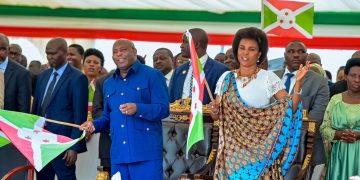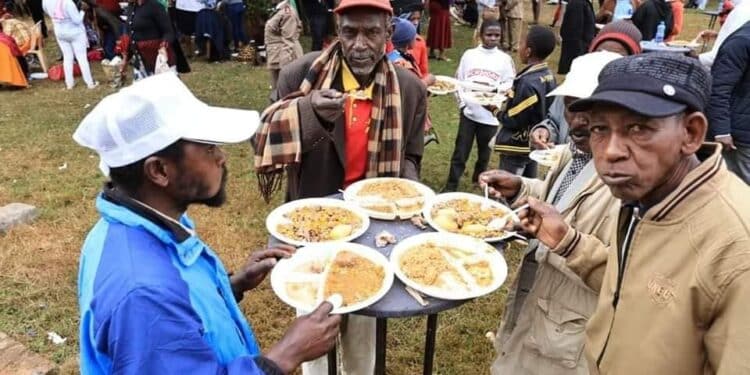The National Cohesion and Integration Commission (NCIC) has warned Kenyans against using the term ‘tugeges‘ stating that it has the potential to incite violence between two or more ethnic communities in the country.
In a statement on June 18, the NCIC noted that hate speech has been a perennial issue in Kenya and continues to be so, with 2024 becoming a year marked by hate speech and threats of violence based on ethnicity.
“The use of words such as ‘tugeges‘ to describe people who support a certain political side is wrong. This word is hurtful, demeans and dehumanizes people,” read the statement in part.
“It is important that we stop using this and any other abusive words to describe fellow Kenyans.”
The term tugeges has been widely used by users of X (formerly Twitter) app to refer to the supporters and members of the Kenya Kwanza government from the Mount Kenya region.

What Tugeges Mean
Tugeges is a Kikuyu word meaning someone who cannot make independent decisions despite having the ability to think. The decisions they make are often wrong and based on emotions or hatred for someone.
It can also refer to someone who follows another person blindly without knowing the destination. Tugege is the plural word of Kagege.
The term became popular in the run up to the 2022 elections and after President William Ruto took power.
NCIC Chair Dr. Samuel Kobia said the rise of hate speech might indicate something fundamentally wrong with the society today, where people are sad, angry, and depressed.
He acknowledged that the public psyche is damaged and emphasized that Kenyans need to find healthy ways of coping with current realities.
Also Read: Raila Declares Support for One Man, One Shilling Formula
“Hating another Kenyan, just because they come from a different area, will not make your own life better. You can’t rise by hate. We must all realize that together we can stand but apart as we are, we will fall,” he said.
NCIC Warns Politicians of Fuelling Conflicts
Dr. Kobia also revealed that the new political dynamics have exacerbated the situation in Kenya, with ethnic mobilization occurring within both the Mt. Kenya region and Western Kenya.
Furthermore, he noted that the actions of both politicians and ordinary citizens have shown the commission that the nation urgently needs intervention to curb the increasing hate speech.
“The Tawe movement in Western Kenya is political mobilization along ethnic lines which is why the Commission summoned Governor Natambeya over his statements,” he stated.
“At the same time the ethnic balkanization around the one man, one vote, one shilling is not only dividing leaders but is also creating unhealthy conversations around the privilege and development of some communities vs. others.”
Also Read: Govt Bans Firms from Using Specific Words on Vehicles & Buildings
The commission chair further emphasized the importance of discussing economic realities without an ethnic perspective.
Additionally, Kobia expressed that economic discussions should be national, fair, and balanced, considering that resource-based disputes have been the main cause of conflicts in Kenya.
He asserted that social media is a powerful tool that has been used in Kenya and other countries as a flashpoint for ethnic violence through hate speech.
Consequently, this year, the commission has intervened in 95 cases of hate speech on social media, with the X platform leading with 72 cases.
In the 2022 campaign period, NCIC banned a number of words and phrases such as madoadoa, hatupangwingwi, chunga kura, Watajua hawajui’, operation Linda Kura, watu wa Kurusha mawe among others.
Follow our WhatsApp Channel for real-time news updates!
https://whatsapp.com/channel/0029VaB3k54HltYFiQ1f2i2C








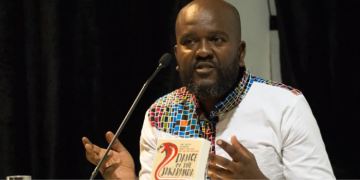











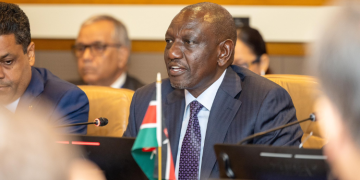
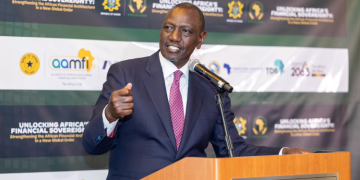

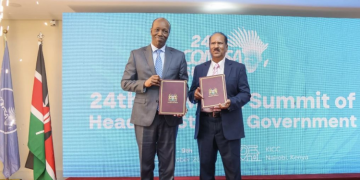
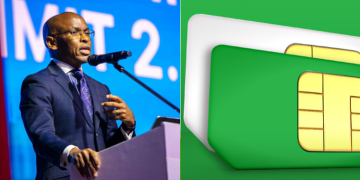








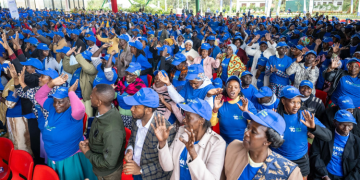






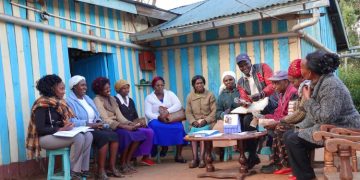
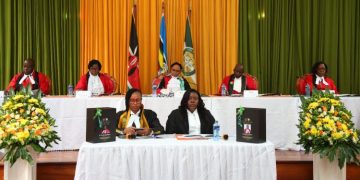



![Odemba Names Provisional Harambee Starlets Squad For 2026 Wafcon Qualifiers [Full Squad] Odemba Names Harambee Starlets Squad For 2026 Wafcon Qualifiers](https://thekenyatimescdn-ese7d3e7ghdnbfa9.z01.azurefd.net/prodimages/uploads/2025/10/odemba-2025-360x180.png)




















